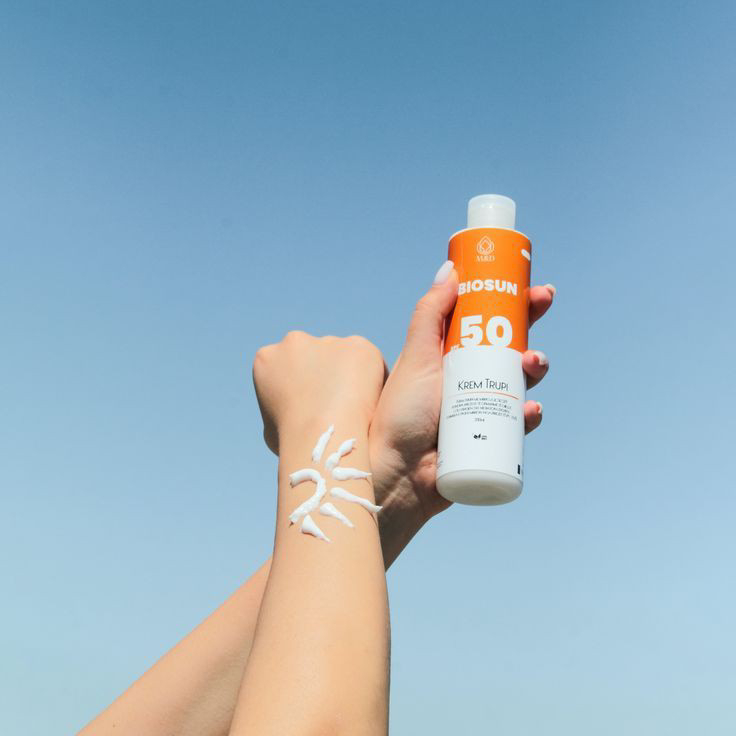Basic skincare routine
Skin Care Basics
A good skin care routine is essential for maintaining healthy and radiant skin. Here's a general guide to a basic skin care routine:
1.Cleansing: Start by washing your face with a gentle cleanser in the morning and evening. Look for a cleanser that suits your skin type (e.g., oily, dry, combination) and avoid harsh products that can strip the skin of its natural oils.
2.Toning: After cleansing, use a toner to remove any remaining impurities, balance the skin's pH, and prepare it for the next steps. Toners can also provide additional benefits like hydration or exfoliation. Choose a toner suitable for your skin type.
3.Exfoliation: Depending on your skin type, exfoliate your skin 1-3 times a week to remove dead skin cells and reveal a smoother complexion. Use a physical exfoliant (such as a scrub) or a chemical exfoliant (like AHAs or BHAs) based on your preference and skin sensitivity.
4.Serum: Apply a serum targeted to address specific skin concerns, such as hydration, brightening, or anti-aging. Serums contain concentrated active ingredients that penetrate deeper into the skin for maximum effectiveness. Allow the serum to absorb fully before proceeding to the next step.
5.Moisturizer: Hydrate your skin with a moisturizer suitable for your skin type. Moisturizers help lock in moisture, strengthen the skin's barrier, and keep it smooth and supple. Choose a lightweight moisturizer for oily skin or a richer one for dry skin.
6.Eye Cream: Apply a small amount of eye cream to the delicate skin around your eyes to keep it hydrated and minimize the appearance of fine lines and dark circles. Gently pat the product with your ring finger to avoid pulling or tugging on the skin.
7.Sunscreen: In the morning, finish your routine by applying a broad-spectrum sunscreen with an SPF of 30 or higher to protect your skin from harmful UV rays. Sunscreen is essential even on cloudy days to prevent sun damage and premature aging.
Additionally, remember to drink plenty of water, eat a balanced diet, and get sufficient sleep, as these factors can also contribute to healthy skin.
It's important to note that everyone's skin is unique, so it's essential to pay attention to how your skin responds to different products and adjust your routine accordingly. If you have specific skin concerns or conditions, it's best to consult a dermatologist for personalized advice.









Comments
Post a Comment